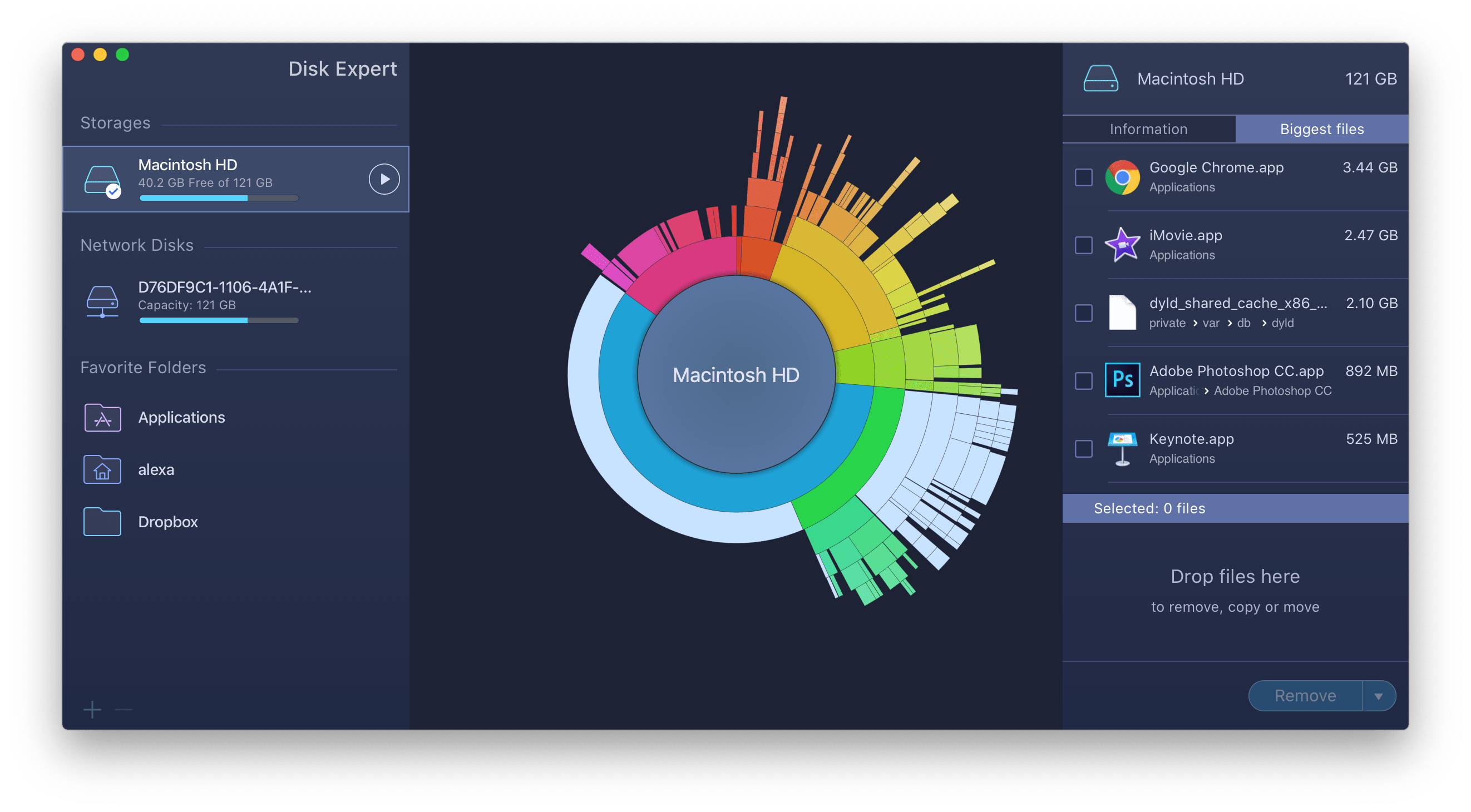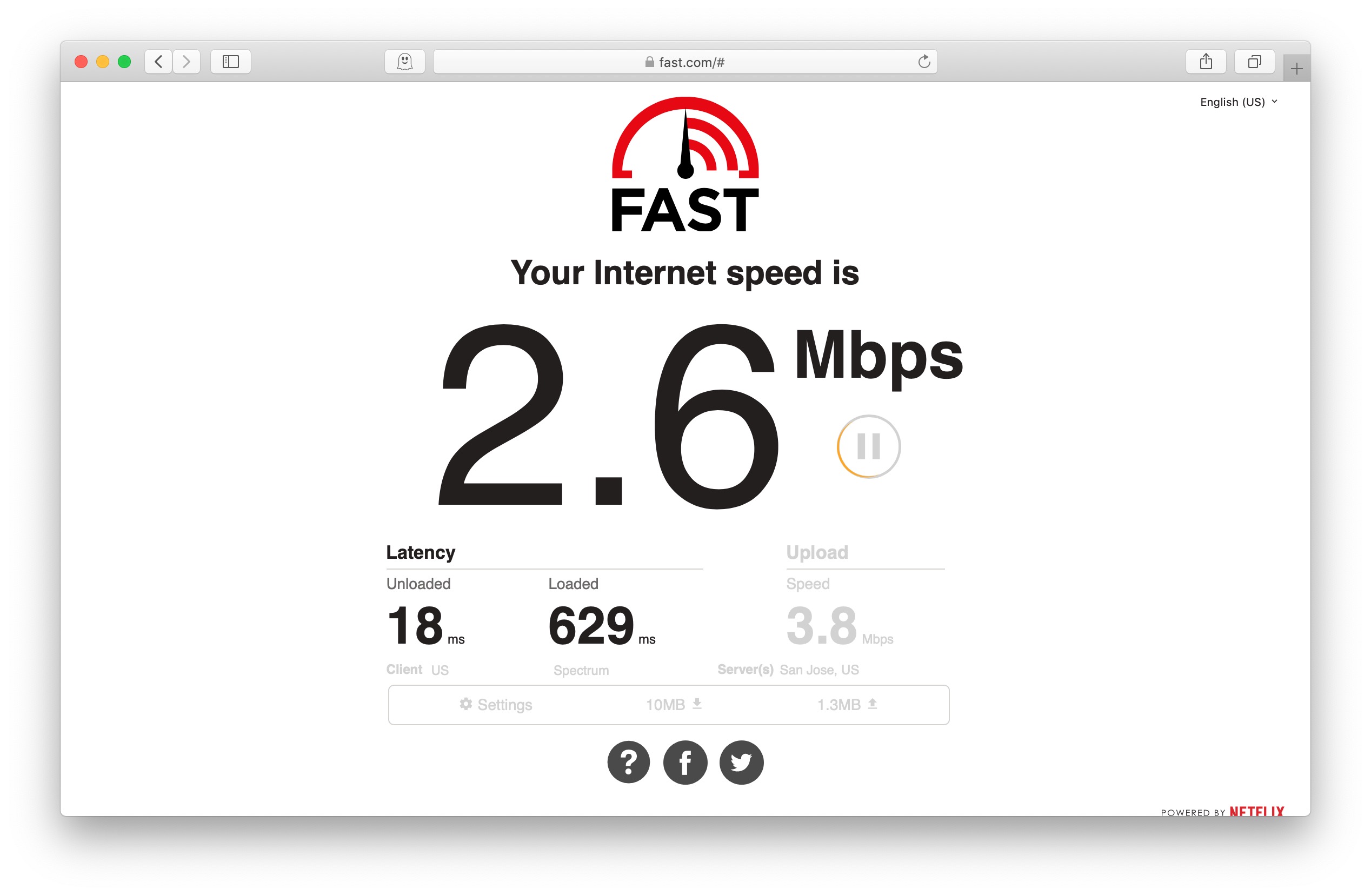The problem is when you’re connected into a 2.4Ghz Wifi and your macbook tends to download pretty low or limited if you’re connected to it. The solution is you must have a Wi-Fi that has 5G capable, most fibr home wifi has this feature and if you connect your Macbook pro laptop into it, your download speed will fasten same as your internet bandwidth. Check the results with the promised speed by your Service Provider at the time of contract. A 5-10% rate fluctuations are normal. But if the fluctuations are beyond that level, you are bound to ask yourself “ why is my upload speed so slow” and take action. A heavy hard drive is the main reason for a slow Mac. Your hard drive gets full when there are so many files and folders saved on it. No wonder you’re confused why.
I was helping my friend again with his Mac he complained his internet speed is not as advertised. I went ahead and tested my internet speed via Ethernet and I resulted 250 Mbps from fast.com When testing his Apple iMac Pro I only resulted in 50 Mbps via Ethernet. I was baffled, I went ahead changed/checked the following:
- Changed the MTU. No improvement
- Manually set IP. No improvement
- Changed Ethernet cable to a fancy CAT-7 cable. No improvement
- Checked to see if there was any malware or viruses. None.
- Nothing was downloading.
- Checked if there was any issue with the writing speed on the SSD. Writing speed was good.
The breakthrough was when I decided to ping to google.com on my Windows laptop. What I realized was that I was getting IPv6 from google.com instead of IPv4.
Why Is My Mac Running Slow

So I decided to go back into the Ethernet settings and enable IPV6 since it was not enabled
Steps to enable IPv6:
Why Is My Mac Download Speed So Slow
- Apple menu
- System Preferences
- Network
- Choose your connection type. For me it was Ethernet
- Advanced Button
- Select the TCP/IP
- Change the Configure IPv6 drop-down box from Off to Automatically.

Why Is My Mac Download Speed So Slow Speed
After enabling IPV6, I speed test the iMac and to my surprise it was finally getting 200+ Mbps. I decided to turn off IPv4 and use IPv6 alone, but unfortunately that did not work. So I left IPv4 on. Most likely when he configured his network, he accidentally enabled IPv6. At the same time I’m pretty baffled on why IPv4 is slower than IPv6.Almost 4x as slow. Maybe he configured his network wrong and so the IPv4 takes a longer route to respond? Or maybe IPv6 once enabled has a higher priority than IPv4? I decided to leave it as is since he was happy the internet was finally up to its advertised speed. Hopefully, this post becomes helpful for someone with a similar issue.
(First, if yours is an Intel Mac, check that Safari is not running in Rosetta, which is enough to slow it to a crawl.)
Adding DNS codes to your Network Settings, should gives good results in terms of speed-up:
Open System Preferences/Network. Double click on your connection type, or select it in the drop-down menu. Click on TCP/IP and in the box marked 'DNS Servers' enter the following two numbers:
208.67.222.222
208.67.220.220
(An explanation of why that is both safe and a good idea can be read here: http://www.labnol.org/internet/tools/opendsn-what-is-opendns-why-required-2/2587 / )
Whilst in System Preferences/Network you should also turn off 'IPv6' in your preference pane, as otherwise you may not get the full speed benefit (the DNS resolver will default to making SRV queries). If you want to know what IPv6 is:
This is Apple's guidance on iPv6:
http://docs.info.apple.com/article.html?path=Mac/10.5/en/8708.html
Click on Apply Now and close the window.
Restart Safari, and repair permissions.
If that didn't do it, then try this as well:
Empty Safari's cache (from the Safari menu), then close Safari.
Go to Home/Library/Safari and delete the following files:
form values
download.plist
Then go to Home/Library/Preferences and delete
com.apple.Safari.plist
Repair permissions (in Disk Utility).
Start up Safari again, and things should have improved.

Apr 12, 2009 12:48 AM